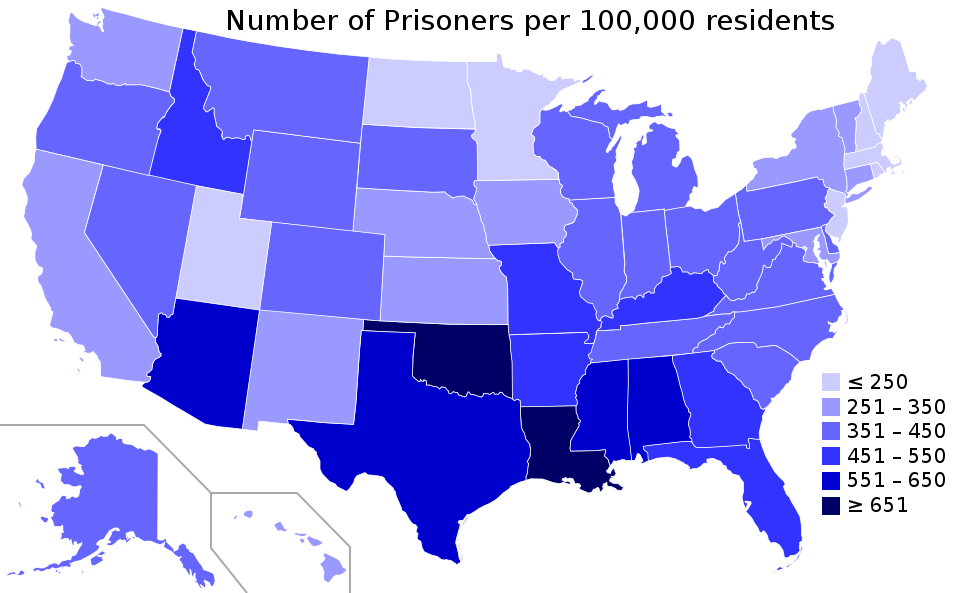There is a Catch-22 built into women's quest for economic equality. It's probably obvious to many, but I'd never quite understood how pervasive the trap was and how seemingly impossible it was for women to get free of it. that is, until I read a blog post by Noah Smith, a popular economics blogger.
Read the post
here. Noah looks at columnist Ross Douthat and
one of his usual insipid pronouncements -- this time on modern marriage and its, oh who cares -- and wonders if Douthat is right that the working class would do well to abandon its lack of values and instead imitate the resurgence in traditional marriage that is apparently happening in the middle and upper classes.
My immediate reaction is that Douthat is up to his usual moralistic tripping by promoting moral choices where, actually, economic imperatives are at play. Sorry Ross, but the working class simply can't access the advantages of modern marriage, not because of a weak moral compass but because they can't afford to dabble in it.
There may be more at play. In the comments section of Noah's post, I found this pithy remark:
While the modern argument goes:
men and women are the same in every way; neither is more suited to
housework and children than the other; both should go out to earn income
and leave the children in the care of other, unrelated ... women.
That goes to the heart of the matter, doesn't it?
Women enter the workforce and get paid less then men, primarily because they suffer a gender penalty related to the potential, if not the actuality, that they might get pregnant and drop out, however briefly. Some women use a workaround in which they never marry or at least never consider having children. They'll likely suffer some economic penalty nonetheless.
But there's more: For every woman who goes for the golden ring and works to achieve as much economic success as her husband, there's another woman who commits to taking care of her children.
It's not a 1:1 ratio, of course, but the number of women caught in this trap is substantial. There is a vast substructure built to support mothers' advancement in the workplace that is powered by the labor -- vastly underpaid labor -- of
women who make a living taking care of children, in daycare, preschool, and elementary school.
The whole childcare industry amounts to a penalty working parents pay to make a living. As such, the compensation for childcare workers has always been held quite low. Mothers may work, but they pay for it twice. At the same time, childcare workers pay the price as well in low wages.
I know this personally because my wife is the director of a small non-profit preschool, emphasis on
non-profit. Also, I spent a number of years in elementary education -- often the only male in the school other than the custodian -- and witnessed how pervasive women are in early childhood education. I also taught high school where gender bias begins to wane.
It doesn't matter how hard our American society tries to escape the gender trap. Not only will conservatives in government fight economic equality tooth and nail by opposing legislation that assist women in reaching parity, but our society in general is also rigged to keep women in their place, and that's taking care of children.
I'm not saying there's not a biological imperative at work here. I'm only saying good luck overcoming it. And since I've lived and traveled extensively in both Europe and Asia -- Europe's socialism drives gender equality and Asia's conservatism places it years behind America -- and American choices are, well, choices. We don't have to live this way.
For now, though, the system is rigged. We've got a lot of work to do. It'll be, as in many areas of society, a long, hard slog.
 |
There's a racial component here. Meg Whitman's run for California
governor wasn't helped when the electorate discovered her penchant
for
low-paid, illegal Latina housekeepers. Part of the problem, Meg? |
Note. I'm not even vaguely implying that preschool or any level of education is not worthy work. Quite the contrary! Preschool is the key to success in later life -- myriad studies prove it. It's one more conundrum that we undervalue and underpay those to whom we entrust our children. More than weird.




























